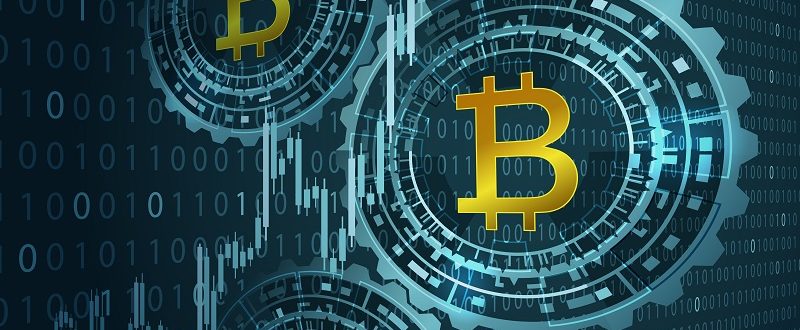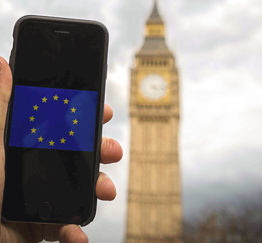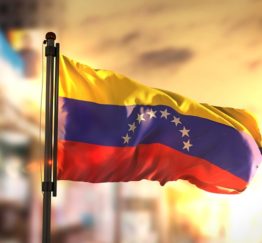Recently, the Office of Foreign Assets Control (OFAC) updated their FAQ to address concerns related to virtual and digital currencies, including cryptocurrencies—such as Bitcoin and Litecoin—and how they relate to doing businesses with Specially Designated Nationals (SDNs) or entities on other OFAC watch lists.
We recently tackled the topic of cryptocurrencies in our article Bitcoin and Cryptocurrency—Implications for OFAC Compliance. They are a point of great interest, owing to their headline-making get-rich-quick potential, their decentralized structure, and the potential that blockchain technology holds for the future of computer security.
Blockchains, for the uninitiated, are a series of records that are linked and secured using crypography. They link directly to previous blocks in their series, and are created such that they are inherently resistant to tampering or modification—which makes them perfect for crypocurrency, yes, but also for other cyber security applications.
But cryptocurrencies’ very structure poses a problem from a regulatory perspective. Since there is no central body overseeing the transactions that occur, and transactions—while recorded in a public ledger—don’t have any mechanism to verify the identities of the parties involved, cryptocurrencies can pose a very real threat of being used to fund terrorism, crime, and other illicit or illegal activities.
In light of these complications, OFAC has updated the FAQ section on its website[i] in which they address several topics related to “Virtual Currency,” including the definition of a digital currency itself. But the main takeaway is that regardless of what kind of currency you use, OFAC expects the same level of compliance across the board. In other words, just because you use Bitcoin to conduct a transaction does not excuse you from complying with OFAC regulations. You still have an obligation to not conduct transactions with anyone on OFAC’s Specially Designated Nationals (SDN) list, and violating OFAC rules in this regard—as with violating any OFAC laws—could lead to possible fines and other penalties.
The long and short is that if you use a virtual currency to conduct a transaction—whether it’s Bitcoin, Ethereum, Ripple, or the myriad of other cryptocurrencies that seem to pop up on a daily basis—the onus is still on you to ensure the other person or party is not on an OFAC watch list. Since Bitcoin in and of itself does not offer enough mechanisms to verify the identity of the parties involved in a transaction, it is your responsibility to utilize other methods to do so.
If you are unable to determine who is at the other end of the digital trail—because the other person or entity has taken deliberate steps to obfuscate their identity, or because they are simply not forthcoming about who they are—it may be time to stop and reconsider whether this is a transaction you want to go through with. And ask yourself it it’s worth the risk of potentially transacting with a sanctioned entity.
[i] Office of Foreign Assets Control. Resource Center—FAQ. https://www.treasury.gov/resource-center/faqs/Sanctions/Pages/faq_compliance.aspx. Accessed April 6, 2018.





